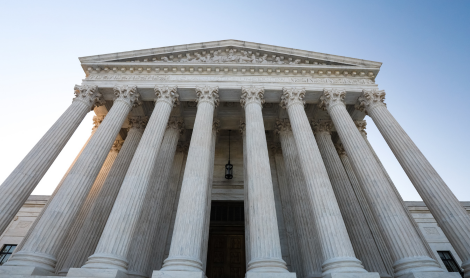Since 2009, when a massive overhaul of the state’s charter school law was enacted, Minnesota has been on the forefront of advancing authorizer accountability. A bill introduced in the Senate, with backing of the Minnesota Association of Charter School Authorizers (MACSA) and other charter school advocates, would continue to raise authorizing standards, while maintaining the state’s unique variety of authorizing options.
Minnesota is only one of handful of states with higher education institution (HEI) authorizers, and one of only two with non-profit organization (NPO) authorizers. One advantage of these types of authorizers is their independence from the state’s larger K-12 education sector, yet this also carries the risk that they, at least by perception, lack public accountability. For both reasons, a strong authorizer accountability system is especially important when HEI and NPO authorizers are prevalent.
In 2009, Minnesota enacted a complete overhaul of its charter school law that, in part, elevated the role of the Department of Education (MDE). The law stripped authorizing power away from MDE, instead giving it authority to oversee all authorizers. Entities interested in authorizing are required to apply to MDE, which can grant or deny authorizing powers. MDE is also tasked with evaluating all authorizers at least every five years and has the power to take corrective action against authorizers for poor performance or malfeasance.
The impact of the 2009 legislation was profound: over a third of authorizers active before the legislation chose to resign their authority. Of those that did apply to continue to authorize, nearly 40% were denied by MDE. The result has been a smaller, but higher quality authorizing sector, with solely authorizers truly committed to the practice remaining. Unexpectedly, it has also resulted in a more collaborative sector, including the creation of the MACSA.
Senate Bill 1386 continues Minnesota’s dedication to raising authorizing quality while maintaining the state’s unique mix of authorizer types. The bill clarifies, and tightens, the timeframe under which an authorizer must act upon corrective actions identified by MDE, while also strengthening the authority of the Commissioner to sanction a non-responsive authorizer. It also gives charter schools, overseen by an authorizer under corrective action, the opportunity to request a transfer to another authorizer, ensuring charter schools are not punished by the poor performance of an authorizer.
By strengthening charter school authorizer accountability, Minnesota continues to serve as a model for how to maintain a diverse, high-quality authorizing landscape, which leads to more great schools for all students.


